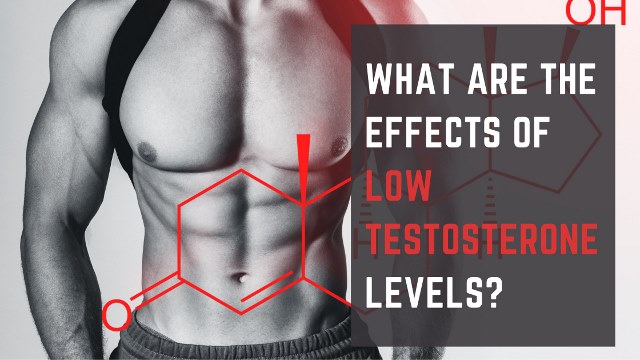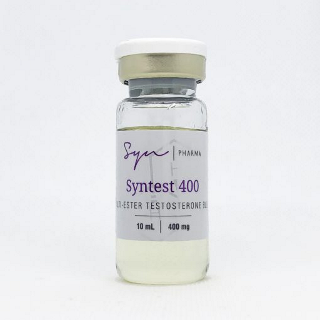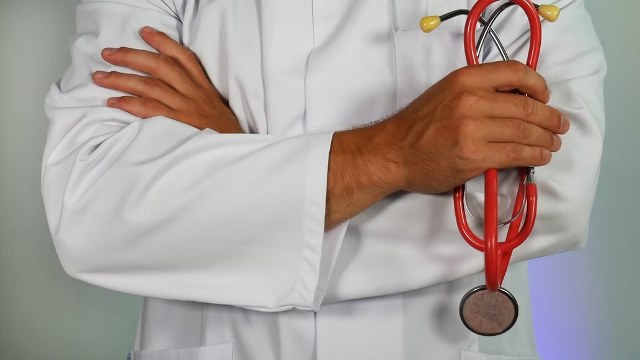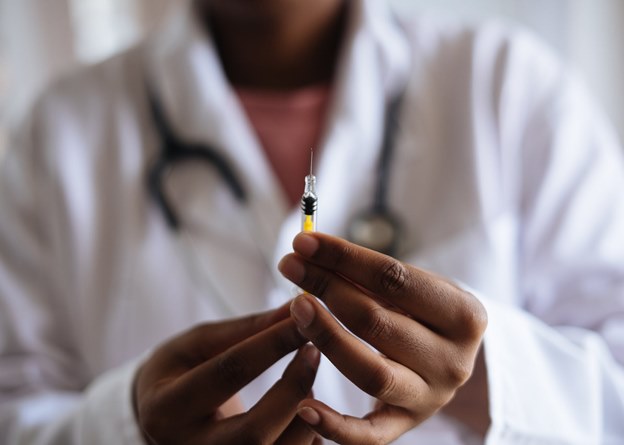Hormones play a significant role in certain bodily functions and control. One hormone found in abundance, especially in men, is testosterone. Low levels of this hormone lead to a condition known as v where the testes, including testicles and male reproductive glands, fail to produce enough testosterone, the male sex hormone. Consequently, the affected male suffers various symptoms and may be affected in multiple ways.
Why Is Testosterone Important?
One may ask why testosterone is necessary for bodily functions. Well, this hormone is responsible for various effects in males, including:
- Promoting the development of male features
- Development and maintenance of muscle mass
- Maintaining appropriate levels of red blood cells
- Promoting bone density
- Promotes sexual well-being
- Supports reproductive and sexual functions
These functions are negatively affected when testosterone levels are deficient. Fortunately, there are a few solutions to explore as far as fixing the deficiency is concerned. You should try Syntest 400 on sale to help restore muscles.
Is Low Testosterone a Common Occurrence?
Before we get into potential remedies for this issue, you may want to understand more details about it. Just how common is low testosterone, and is it something you should worry about? This issue is quite common, seeing that more than 45 percent of men over 45 years old are affected.
It may not be easy to determine the right amounts of testosterone since they vary with the time of day and are affected by several other factors, including alcohol consumption, BMI, nutrition, health status, illness, and certain types of medication. However, understanding these factors can help you make better choices.
Causes of Low Testosterone
Naturally, the amount of testosterone in a man’s body drops as he ages. However, age is not the only factor that causes such diminished hormone levels. After 30, the levels begin to drop by 1 percent per year. Other triggers or causes of low testosterone include but are not limited to the following:
- Trauma that affects the supply of blood to the testes/ infection to the testes
- Chemotherapy for cancer treatment
- Metabolic disorders such as having too much iron in the blood system
- Tumors and dysfunction of the pituitary glands
- Using medication that contains hormones such as those used to treat prostate cancer, opioids, and steroids.
- Acute shorter or chronic long-term illnesses
- Liver cirrhosis
- Alcohol abuse
- HIV/AID
- Chronic renal failure
- Organ inflammation such as for conditions such as sarcoidosis
- Abnormal development of the hypothalamus
- Genetic conditions such as Klinefelter syndrome where the male has extra X chromosomes
- Excess prolactin (The milk-producing hormone)
- Weight issues (can be either obesity or excess weight loss)
- Unregulated type 2 diabetes
- Congenital disabilities at birth
- Excess estrogen
- Obstructive sleep apnea
- Aging
- Delayed pubertal
- A serious case of primary hypothyroidism
- Exposure to radiation or cases where people are about to undergo brain surgery
How to Tell that you have Low Testosterone – Symptoms to Watch Out For
Now that you know what could easily trigger low testosterone, it is essential to watch out for the signs. The symptoms are also age-dependent and could vary from one person to another. You can suspect this is the main problem you are suffering from if you experience a combination of some of these factors.
- Lowered sex drive
- ED (Erectile dysfunction)
- Depressed mood
- A lowered sense of well being
- Fatigue
- Inability to concentrate
- Losing muscular strength
- Irritability and moodiness
It is also possible to experience other uncommon symptoms that may need tests and a medical diagnosis to verify. These include:
- Infertility
- Osteoporosis or thinning of bones
- Development of breasts
- Decreased body hair
- Increased body fat
- Mild cases of anemia and decreased hemoglobin
Diagnosis of Low Testosterone
Whenever you experience specific symptoms and struggle with some of the causes of low testosterone, you are most likely suffering from it. However, with many other illnesses and conditions exhibiting similar symptoms, the only sure way to know whether you are suffering from low testosterone is to get a medical diagnosis.
A blood test is needed to ascertain testosterone levels in one’s system. Since the levels of these hormones tend to fluctuate as the day progresses, doctors will recommend carrying out the test early in the morning. This is when testosterone levels are the highest, so the test’s accuracy is likely to be higher during this period.
Treatment of Low Testosterone
Once you are diagnosed with low testosterone, the next move should be finding treatments. There are various treatment options available for such patients. What one goes for depends on what their doctor recommends at the time. Possible treatments include:
- 10 to 14 days intramuscular injections
- Daily testosterone patches. These are applied to different body parts, including the abdomen, buttocks, back, and arms.
- Daily testosterone gels are applied on clean skin, often on the upper back and arm. Exercise caution when using these gels to avoid transferring the hormones to other people.
You can also check out available Syntest 400 mg in Canada and talk to your doctor about the appropriate dosage. It is advisable to have the injections once in two weeks. However, your doctor will recommend the right quantities.
Why You Should Go For Testosterone Replacement Therapy?
Using testosterone to treat low levels of the hormone is important because of several reasons:
- Prevents delayed puberty in boys
- Improves sexual function
- Promotes mental clarity
- Enhances sexual function
- Helps with fat loss
- Improves muscle and physical performance
While these treatments come with many positives, they also have a few downsides that you need to pay attention to. Some of the not-so-good outcomes after testosterone treatment include:
- Acne resulting from oily skin
- Swollen ankles due to fluid retention
- Prostate stimulation thuis frequent urination
- Breast tenderness and enlargement
- Skin irritation
- Small testicles
- Sleep disorder and worsened sleep apnea
Final Thoughts
It is essential to pay attention to symptoms that could indicate lowered testosterone. This problem or condition can be rectified with proper medical intervention. Discuss the available options with your doctor to determine a remedy that makes sense for your age goals. Do not suffer in silence when there is a solution to explore.
Sources
https://www.healthline.com/health/low-testosterone/warning-signs
https://my.clevelandclinic.org/health/diseases/15603-low-testosterone-male-hypogonadism
https://www.urologyhealth.org/urology-a-z/l/low-testosterone
https://www.medicinenet.com/low_testosterone_low_t/article.htm
https://canadianjuicemonsters.net/forums/threads/syn-test-400.68414/






 UPDATED October 11th, 2025
UPDATED October 11th, 2025